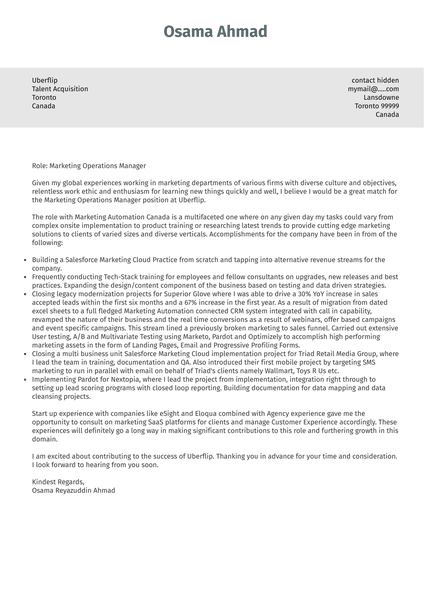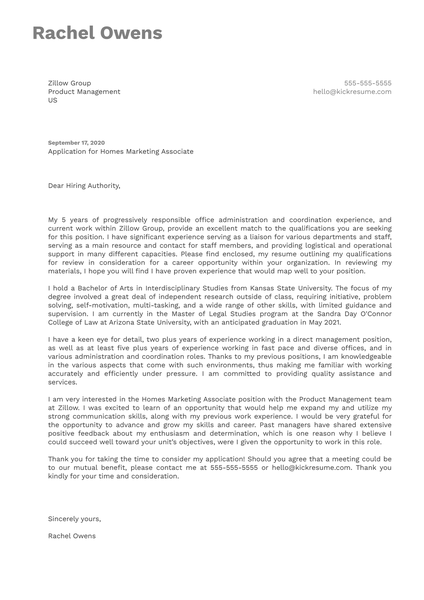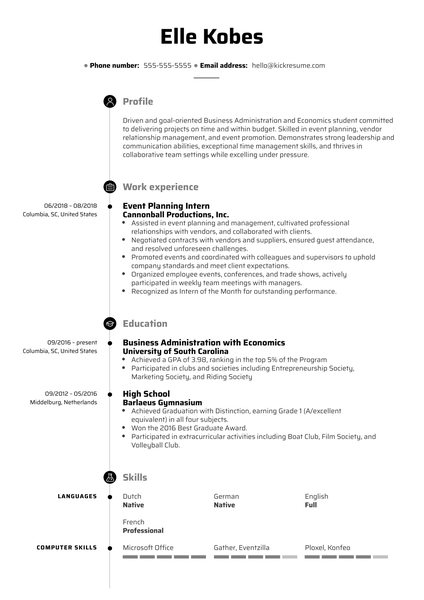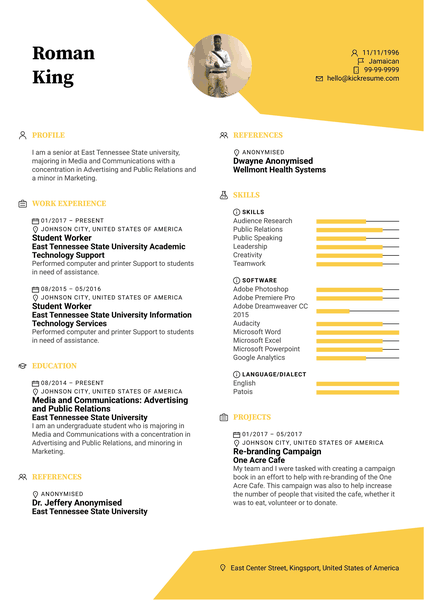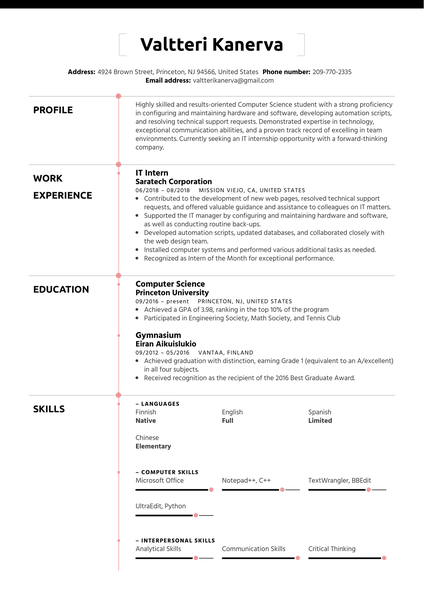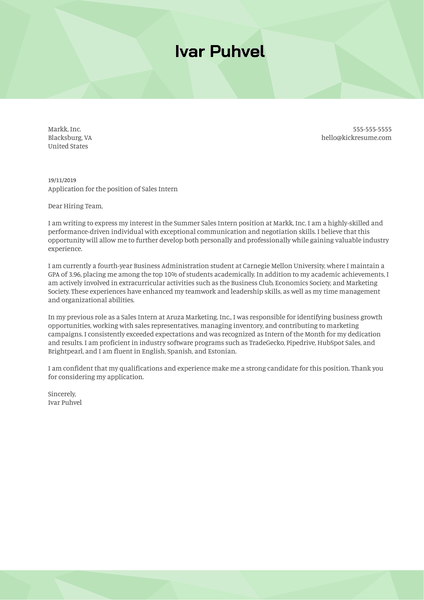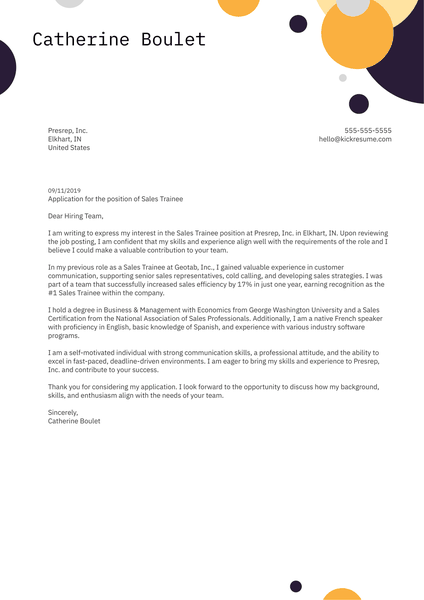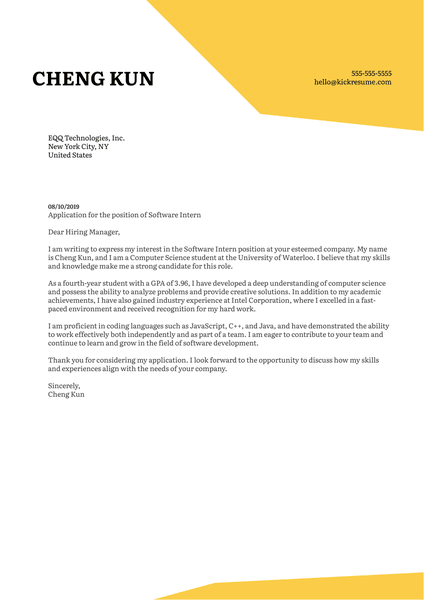Dear Internship Coordinator,
As a third year Bachelor of Marketing, Advertising and Public Relations student with a passion for pursuing a career in the entertainment industry, I believe that I am an outstanding candidate for the Summer 2021 Intern Program at Warner Bros.
From Bugs Bunny and Daffy Duck to Spacejam, Happy Feet, Batman and my newest favorite, Aquaman, I have been a huge Warner Bros fan since I was little girl. My parents will readily agree that I always vowed to work for the company that made my favorite movies. This is my chance to make that dream come true!
Although I do not have the required 1 year of previous internship experience stated in the program requirements, I am experienced in social media management, building media lists, press coverage tracking, events planning, relationship management, marketing collateral design, and preparing media background documents through my volunteer roles as PR Coordinator for the Kids Cancer Society and Media Relations Assistant at the Hospital Clowning Charitable Association in Burbank.
I am asking for a chance to be considered because my end goal is to work in a studio environment - specifically, Warner Bros. My cousin Jen Smith worked in your Finance department for over 6 years. She enjoyed her time there immensely and always had tons of stories about her favorite people, films, shows, and events. She encouraged me to take a leap of faith and apply for this internship so that I too can gain exposure to such an amazing work environment.
I have the ability to learn quickly and work well with clients. I am very personable and bubbly and I am the queen of multitasking. In fact, I love to stay busy so much that I took on two part-time jobs while attending college. I take pride in everything I do, and put my heart and soul into each task. I believe that's what sets me apart from the other candidates, and why you won't be disappointed should you accept me into this program.
Please find attached my resume, transcripts, and letters of recommendation for your review. Thank you very much for your time. I really look forward to hearing from you!
Yours with enthusiasm,
Valeria Hardy

